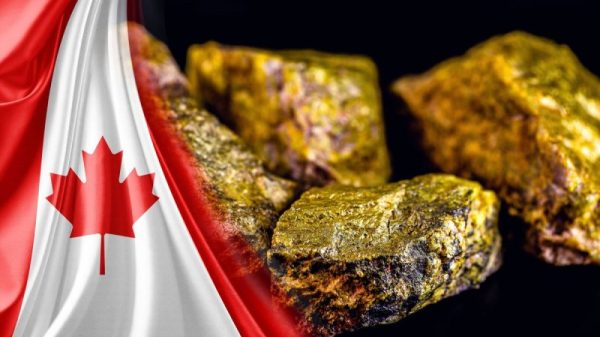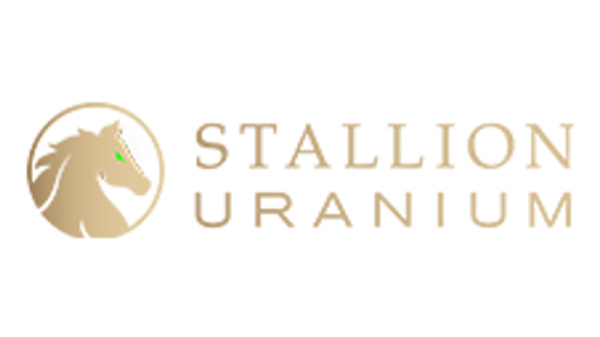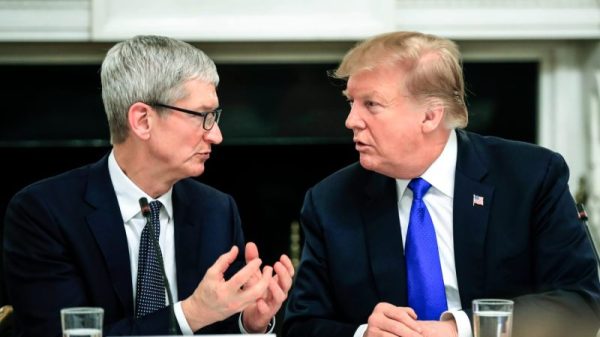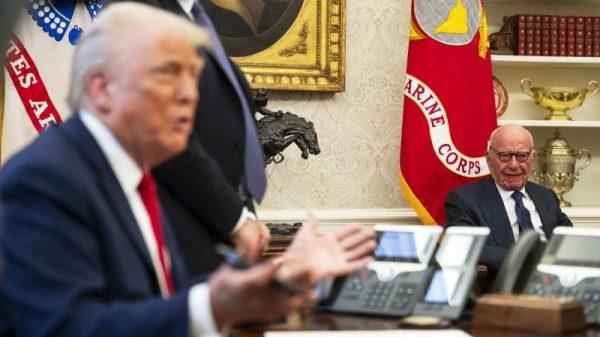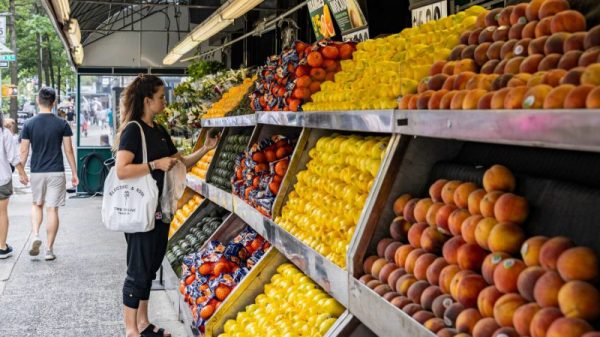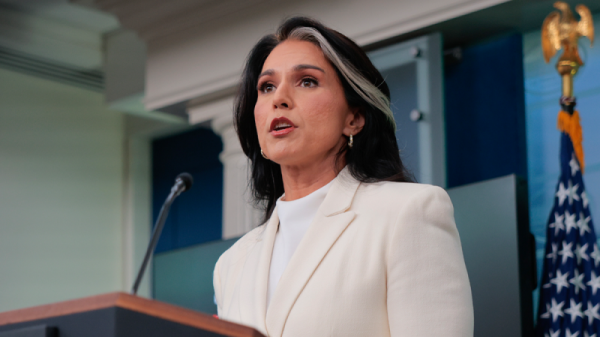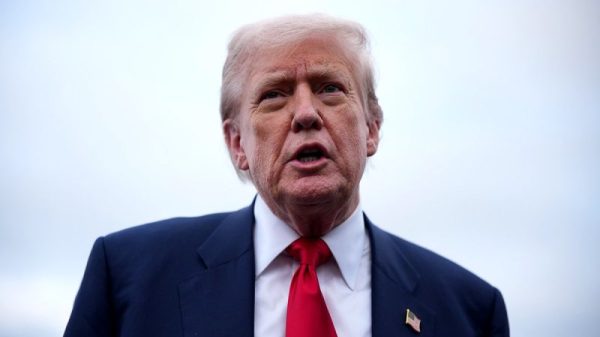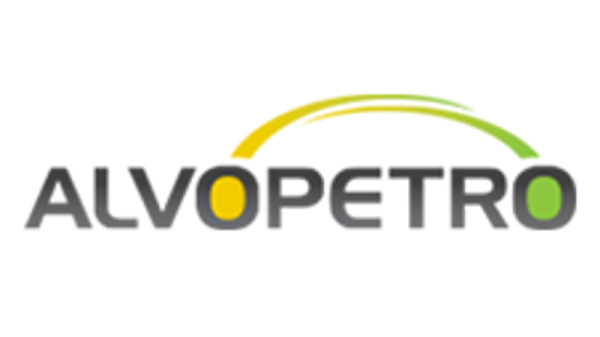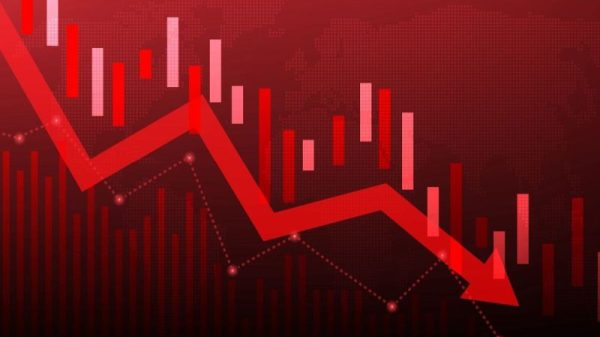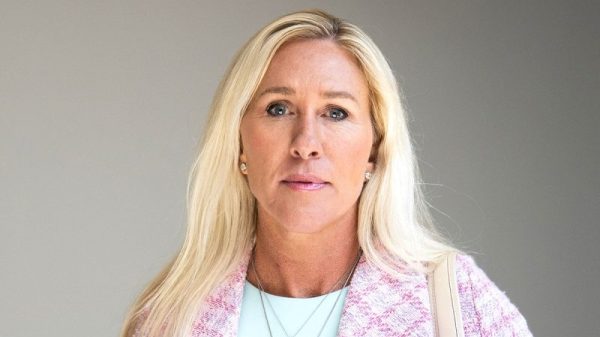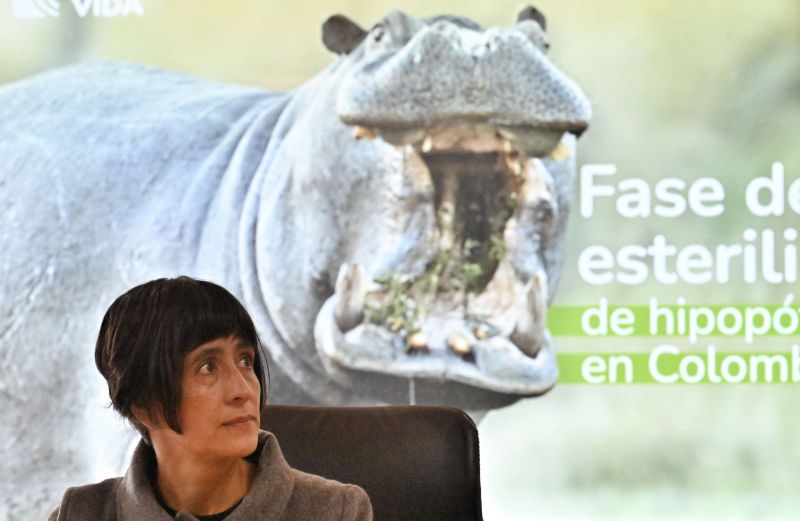Pablo Escobar’s notorious “cocaine hippos” are facing a cull, according to a statement from Colombia’s minister of environment and sustainable development Thursday.
The herd, which the Colombian government said currently stands at 169 animals, has rapidly reproduced from the original population of one male and three females the drug kingpin owned as part of his private collection of exotic creatures.
After Escobar’s death in 1993, authorities relocated most of the other animals in the collection, but not the hippos – because they were too difficult to transport. Free from any natural predator, the rising population poses an environmental challenge. If “strong measures” are not taken to control them, the population could boom to “1,000 individuals by 2035,” the statement said.
This new phase to control the hippo population involves three strategies: sterilization, relocation and “ethical euthanasia,” it added.
“All three strategies have to work together,” Environment Minister Susana Muhamad said in the statement. “Here we are in a race against time in terms of the permanent environmental and ecosystem impacts that are being generated and that is why we cannot say that only one strategy is effective for our objective, which is to control the population.”
In 2021, scientists recommended culling the hippos to prevent long-term negative effects, but other scientists are calling instead for a castration program, citing concerns over animal welfare.
Between 2011 and 2019, four males were castrated and two females were sterilized, but this did little to slow the hippos’ progress. Putting the hippos on birth control was similarly ineffective. There have also been plans to relocate some of the population to India, the Philippines and Mexico, with the logistics of sending 60 to India currently being analyzed, the statement said.
“We are looking to implement this plan in the shortest possible time, precisely so that the impacts cease,” Muhamad explained.
According to the ministry statement, sterilization will cost the country an average of 40 million pesos ($10,000) per animal, and will begin from next week, with an aim to sterilize 40 per week.
The minister concluded by emphasizing that hippos have been declared an “invasive exotic” with “aggressive characteristics,” and that “their presence represents a threat to ecosystems and risks for the communities that surround them.”
Research has shown negative effects of hippo waste on oxygen levels in bodies of water, which can affect fish and ultimately humans. Hippos also pose a threat to agriculture and to the security of people in affected areas, according to a 2021 study. In April, a hippo descended from Escobar’s collection died after being hit by a car.

